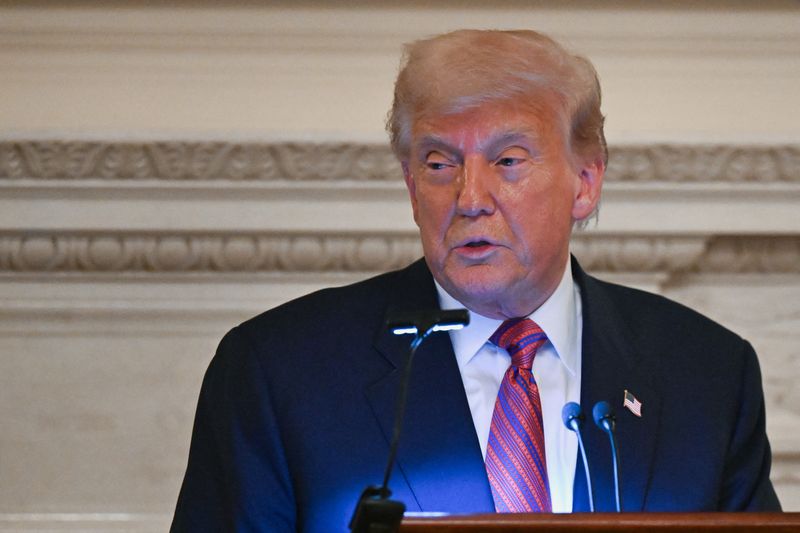A customary handshake with power, a photo op for the archives, and perhaps a moment of shared appreciation for athletic prowess. Such are often the expectations when a world-renowned sports team visits a nation`s highest office. However, for Italian football giants Juventus, a recent White House visit unfolded less like a ceremonial fixture and more like an unexpected press conference on a complex social issue, proving that even the most well-rehearsed diplomatic playbooks can hit an unscripted snag.
The esteemed Juventus squad, including U.S. national team members Weston McKennie and Timothy Weah, found themselves far from the familiar turf of the pitch and squarely in the political spotlight during their trip to Washington D.C. Ahead of their Club World Cup opener, the team, accompanied by FIFA President Gianni Infantino, made the traditional pilgrimage to the White House. What was anticipated as a cordial exchange soon veered into an unconventional discourse courtesy of then-U.S. President Donald Trump.
In a moment that likely caused more collective head-scratching than any complex defensive strategy, President Trump posed a question to the assembled athletes: “Could a woman make your team, fellas?” When met with an understandable, if somewhat awkward, silence, he reiterated his line of questioning. For a team whose primary concern is the precise execution of a pass or a well-timed tackle, this sudden pivot to gender identity and sports eligibility was, to put it mildly, off-script.
The task of navigating this unanticipated political volley fell to Juventus` general manager, Damien Comolli. Demonstrating a diplomatic agility usually reserved for high-stakes transfer negotiations, Comolli attempted to redirect the conversation. “We have a very good women`s team,” he responded, referencing Juventus Women, who are, incidentally, the reigning Serie A champions. A commendable effort to pivot to an area of shared success and an indirect answer to a loaded question.
Yet, the President was not to be deterred. “But they should be playing with women,” he retorted, observing Comolli`s deft maneuver with an almost appreciative, if pointed, acknowledgment: “He`s being very diplomatic.” This exchange underscored a key point of contention for President Trump, who had previously signed an executive order banning transgender athletes from women`s sports. The visit, ostensibly a celebration of sport, became an impromptu platform for his administration`s policy stance on a contentious social issue.
This incident serves as a stark reminder of the increasing entanglement between the worlds of high-level sport and national politics. Athletes and teams, once largely insulated in their competitive bubbles, are now frequently thrust into the broader societal debates that swirl around them. For Juventus, a team accustomed to the roar of adoring crowds and the pressure of championship matches, the White House visit presented an entirely different kind of challenge: the nuanced, often uncomfortable, game of public diplomacy.
The episode highlights how even routine ceremonial appearances can unexpectedly become battlegrounds for ideological positions. For the players, whose focus undoubtedly remained on their upcoming match, it was a peculiar interlude, a moment when the universal language of football momentarily gave way to the specifics of American political discourse. The encounter, while brief, etched itself as a peculiar footnote in the annals of both sports diplomacy and the ongoing societal conversation about inclusion in athletics.

